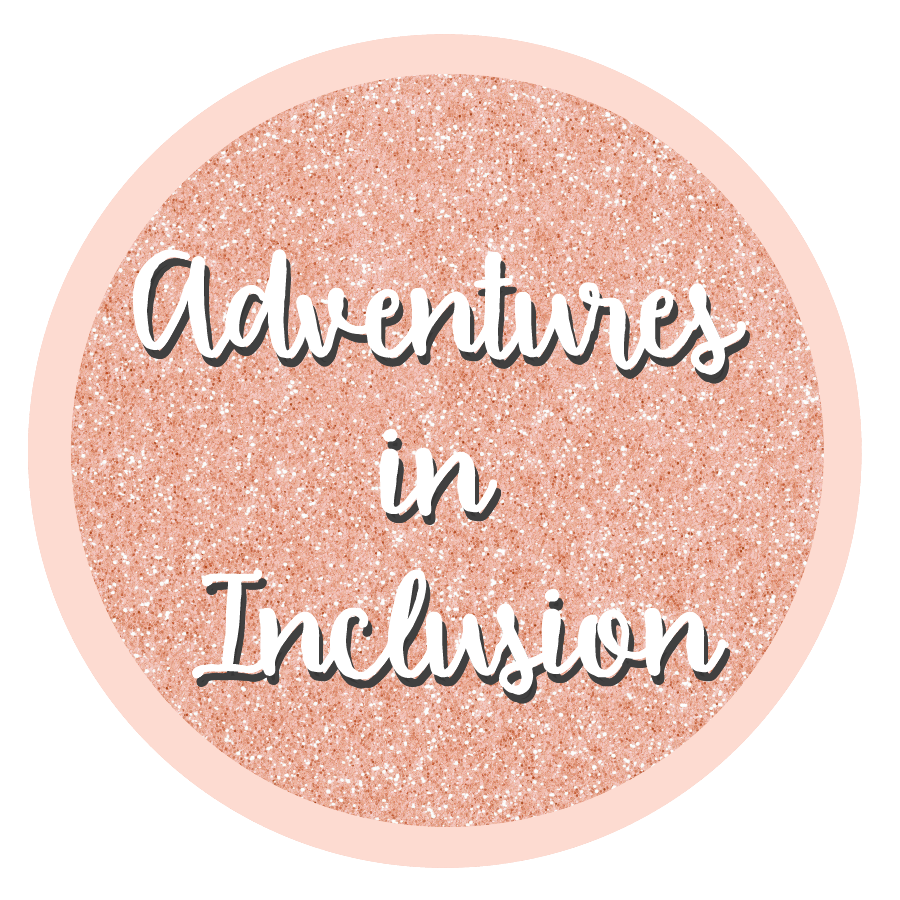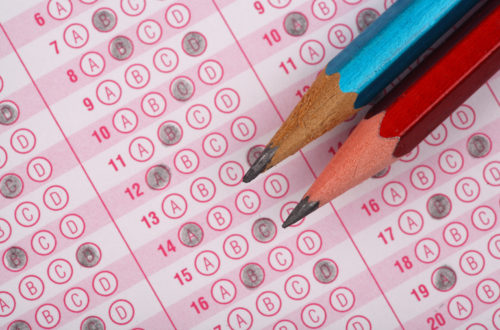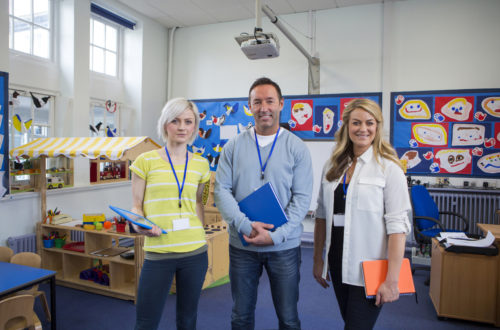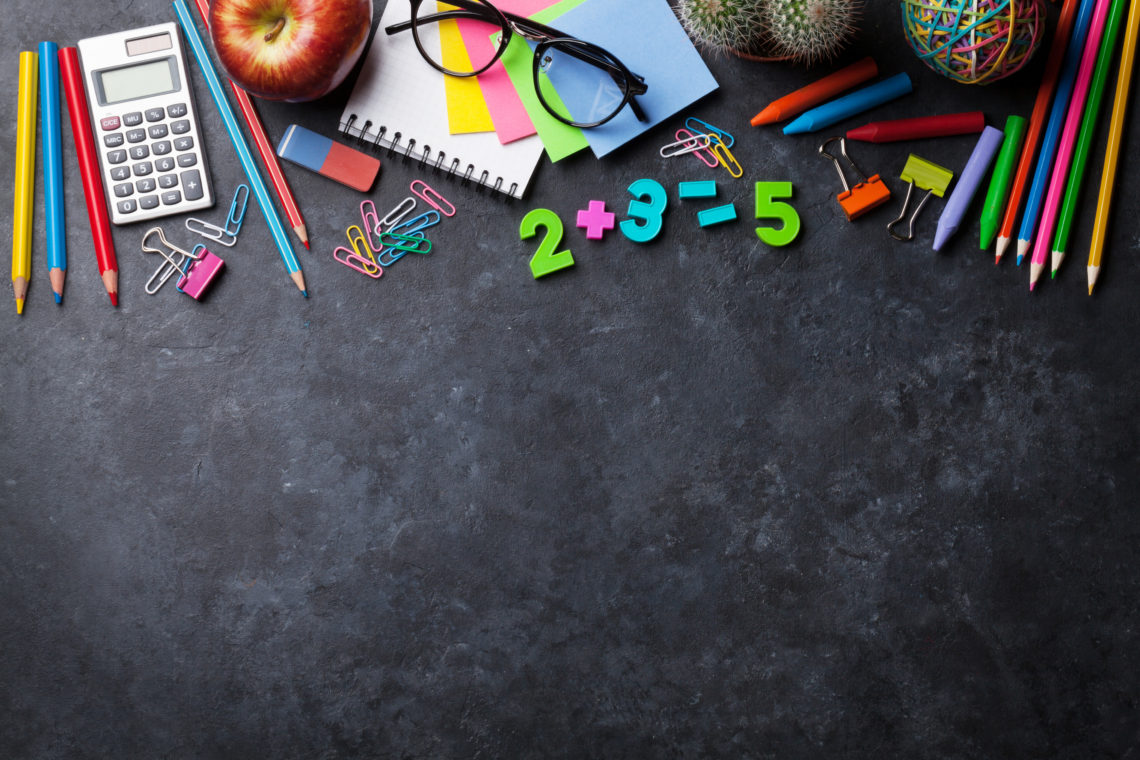-
Books for your Middle School Library
I currently teach inclusion special education in the eighth grade. When I am picking books for my classroom library, I always want to make sure I’m picking books that suit the needs of my students. Many of my students have difficulties with reading. Because of that, when I am looking for books for my classroom I like to make sure that I have books that are high-interest and 5-6 grade reading level. I do also keep books that are on grade level because I do have students who are reading on grade level. These books I have listed are high interest, but lower than eighth-grade difficulty. Harry Potter Box Set by…
-
Benefits of Color-Coding for your Middle School Students
Do I show signs of OCD because I’m a teacher, or am I a teacher because I show signs of OCD? Really it’s the chicken-or-the-egg debate all over again. But, to get down to business, I color-code EVERYTHING! Color-Coding Color-coding is a tool that adults use to keep themselves organized. If this works so well for us, why don’t we use this tool for our students too? Color-Coding in Math I use color-coding when teaching multi-step equations. I will update this post with a picture to illustrate this but I am writing this post from home. We teach the students to use “DCVS” when solving multi-step equations. DCVS stands for…
-
Why I Email Parents Everyday
In the past, I have shared other posts about parent communication (see: 5 Things to Remember when Talking to Parents and Using Social Media for Parent Communication. To have a successful special education classroom or any classroom for that matter. Having a positive relationship with parents is so important. So I am going to tell you why I email parents EVERY DAY! That’s too much! I know, it sounds crazy to email parents every day, but it is a simple email every afternoon. I send home a mass email with all of the need to know information. Every day, I send home an email with that day’s homework and any other valuable information. …
-
Special Education – Providing Services Discreetly
I am an eighth-grade special education teacher. One of the more difficult parts of my job is finding ways to provide my students with their accommodations, without making them self-conscious. Working in a middle school, often the students’ main priority is being cool and fitting in. The last thing that they want is to be identified as someone with a disability, or to have their friends think that they’re “stupid” (their word, not mine!) Constantly getting extra attention from teachers, or being pulled out of the classroom is a definite way to put a target on students’ backs. I work hard to give my students all the help that they…
-
Fidget Toys for Middle School
Fidget Toys? When kids are little, their lessons tend to be highly interactive. We build time into our lessons to let them get up, move around, and burn off some energy. In elementary school, students are given recess where they get to go outside and play for a while after lunch. But, once students get into middle school, they are often expected to sit down and focus for longer periods of time. A fidget toy can help! As middle school teachers, we work hard to keep our lessons interesting and interactive, but there is so much content that we have to get through that it can be difficult. These long…
-
Using Editing Stations in Your Middle School ELA Classroom
Will they ever learn!? Every year, I am always surprised at the eighth-grade students who pass in papers with their names written without capitals. They just aren’t doing the editing! If you ask an eighth-grade student whether they know to capitalize names, they always say they do. And yet I repeatedly receive assignments passed in with the same error. In the past, I have used checklists to remind students of the different things they need to be looking for when they are editing their writing assignments. But, the students who really need to lean on the checklist are often the ones that leave them on the floor. Check out the…
-
Keeping Your Middle Schoolers Organized
Picture This: We all know that kid who does their homework every night. But then, they can never find it the next day in class. You feel bad not being able to give them credit because you know that they are being truthful, but you can’t start accepting homework based on merit because that could open a can of worms so you tell them that they can bring it in the next day. Organization can be so tough for students! We all know the student who has papers falling out of their backpack at every angle. They usually keep everything in the same folder and can never find anything that…
-
Accommodations to Support Students Who Struggle With Executive Function
What are executive function skills? Executive Functioning skills are the skills that allow us to make a goal, plan on how to meet that goal, and follow through with that plan. They are the skills that help us with impulse control, keeping ourselves organized, and regulating our emotions. Students who have difficulty with their executive function skills tend to be disorganized, impulsive, and do not follow through on plans. These difficulties are typical of students who have been diagnosed with ADHD, as well as some other learning disabilities. A student who struggles with executive function is not hopeless, these skills can be taught, practiced and developed. Break down a project into…
-
5 Keys to Great Co-Teaching
Communicate Like any relationship in life, communication is key to a successful co-teaching relationship. Before the year begins, sit down, and DTR as the kids say. Define the relationship! If you start the year with a discussion about who is going to be responsible for each responsibility, you avoid a lot of problems. Neither of you will feel as though the other is stepping on your toes because they’re doing something you thought was your job. And, neither of you will feel like the other isn’t picking up the slack when they’re not doing something you thought was their job. It will also make the classroom routine go more smoothly.…
-
Reference Sheets for Your Inclusion Students
The Problem Currently, I teach eighth-grade inclusion. This means that I co-teach three math classes and two ELA classes. I have learned why the students benefit from reference sheets. Remembering the steps necessary to do a problem is a struggle for most of my students. Or when we are assessing more than one type of problem, it is tough for the students to keep the different steps straight. Another problem I see is that my students spend so much time trying to remember the steps to solve the problem that they make mistakes with their computation. Reference Sheets Giving students with disabilities a reference sheet to help them take some…





































